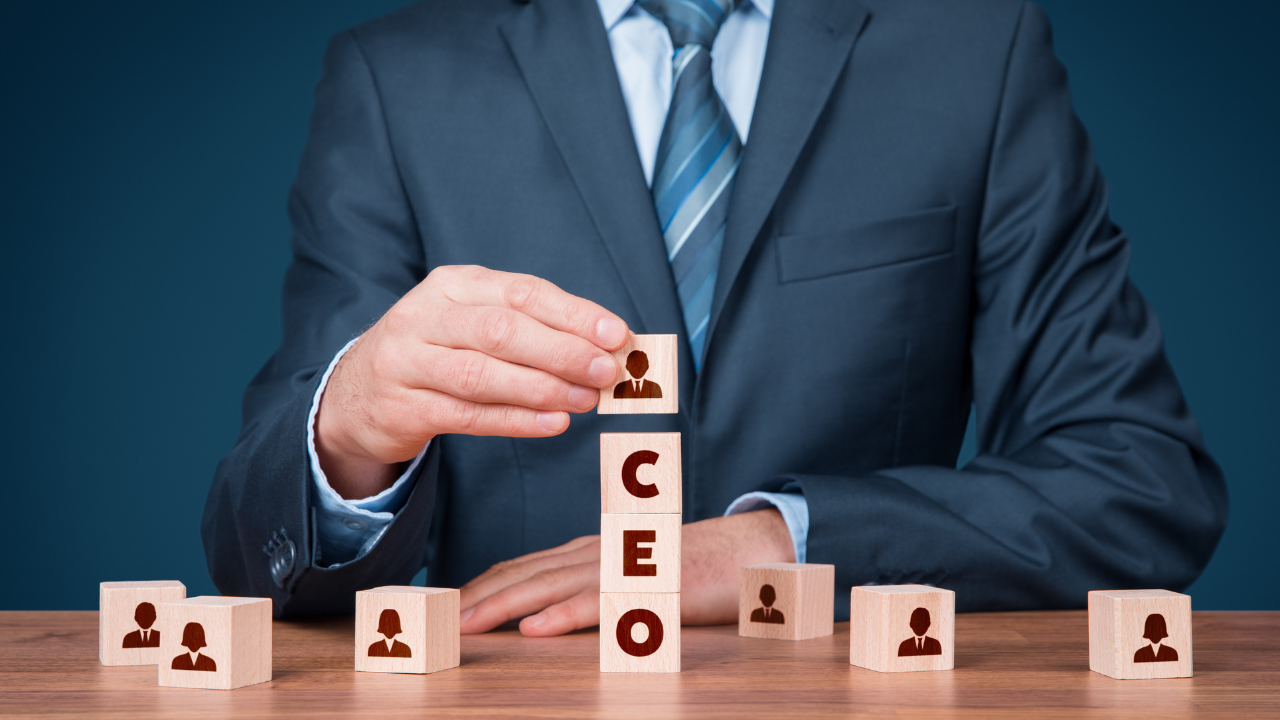A new survey by advisory firm Teneo showed that global CEOs and investors have different opinions on the global macroeconomic outlook but significant alignment on deglobalization as CEOs and investors plan for 2023.
The poll — which consists of 300 public company CEOs and institutional investors — revealed some of the steps corporate leaders are taking in the face of disruptive forces, including economic conditions, geopolitics, ESG, talent, and innovation.
For both groups’ macroeconomic outlook, leading CEOs still expect a gloomy economic climate for the first half of 2023, with 73% expecting worsening conditions. On the other hand, 76% of investors are optimistic that conditions will improve in the coming year.
Meanwhile, 86% of CEOs and investors believe that deglobalization is a reality, with almost half indicating that deglobalization is already underway and will be a significant event.
Teneo explained that this suggests that, at least for the moment, global and flexible supply chains are a thing of the past. Companies must also fundamentally change how they operate in the global economy and local markets.
As for innovation, investors want CEOs to embrace investment in a wide range of disruptive technologies. On the other hand, CEOs are taking a more conservative approach, particularly when it comes to cryptocurrencies and the metaverse.
Remember how a recent Infosys study said that ESG (Environmental, Social, and Governance) initiatives are the money-maker? Well, 15% of CEOs support this idea as they prioritize investments in ESG over business performance even in the face of a looming recession.
At the same time, more than 60% of CEOs and investors, especially in Asia and Europe, are working to balance company performance and ESG commitments.
In terms of the current C-suite, surprisingly few (28%) CEOs said that their executive teams represent the perspectives of future generations.
The fact that investors (48%) assumed that the current C-suite represents a much more future and forward-leaning perspective is a missed expectation that companies need to address.
Teneo said that CEOs risk setting strategies based on the perspectives of today’s stakeholders when investors are nearly twice as likely to expect a course based on future stakeholders.
Lastly, CEOs and investors expect wide-ranging areas of upheaval to present significant challenges and opportunities in the first half of 2023.
Investors want companies to be more aggressive in managing risk exposure, specifically around supply chain, societal issues, and capital market disruption.
CEOs cite external stakeholder pressure and access to actionable information as the top two challenges when leading through disruption.

 Independent
Independent





















